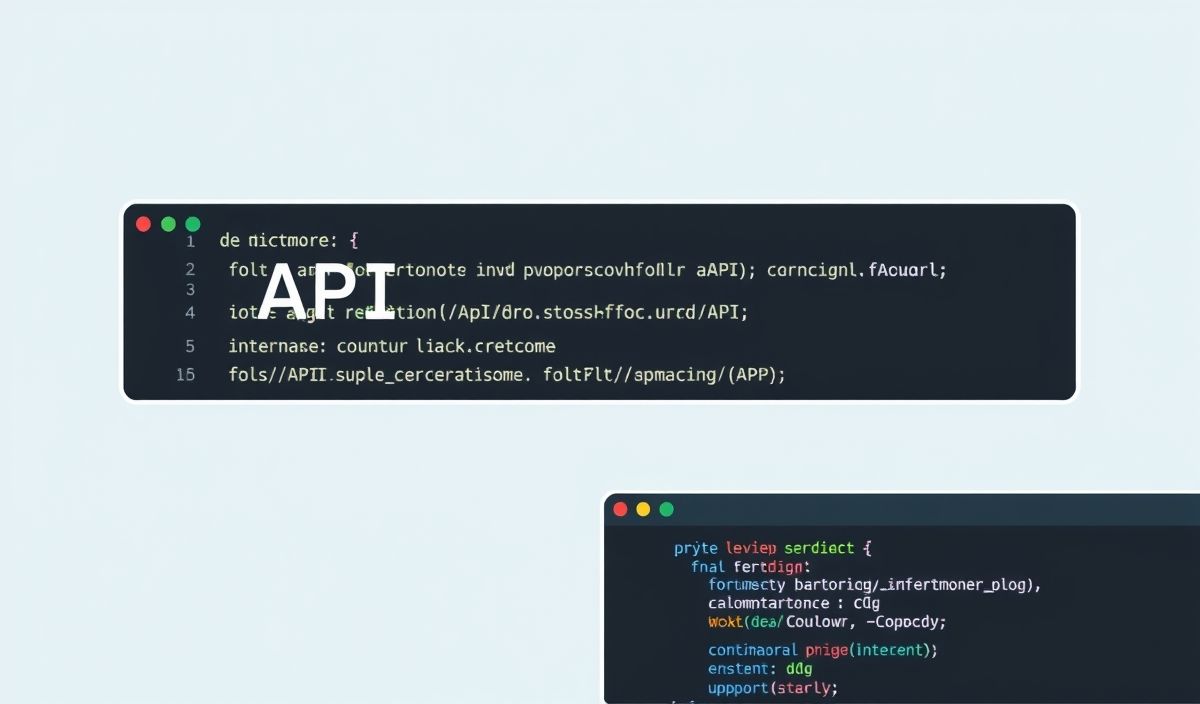Introduction to ansi-regex
ansi-regex is a powerful library for matching ANSI escape codes using regular expressions. It’s typically used to strip or identify ANSI escape sequences in strings. This guide will provide an introduction to ansi-regex, explain its API, and offer practical examples on how to use it efficiently.
Installation
npm install ansi-regex
Basic Usage
Create a simple ansi-regex instance to match standard ANSI escape codes:
const ansiRegex = require('ansi-regex');
const regex = ansiRegex();
console.log(regex.test('\u001B[4mUnicorn\u001B[0m')); // true
Identifying ANSI Escape Codes
Get all ANSI escape codes in a string:
const ansiRegex = require('ansi-regex');
const string = '\u001B[4mUnicorn\u001B[0m \u001B[31mRainbow\u001B[39m';
console.log(string.match(ansiRegex())); // ['\u001B[4m', '\u001B[0m', '\u001B[31m', '\u001B[39m']
Stripping ANSI Escape Codes
Remove all ANSI escape codes from a string:
const ansiRegex = require('ansi-regex');
const string = '\u001B[4mUnicorn\u001B[0m \u001B[31mRainbow\u001B[39m';
const strippedString = string.replace(ansiRegex(), '');
console.log(strippedString); // Unicorn Rainbow
Advanced Use-Cases and Examples
Building a CLI Tool
#!/usr/bin/env node
const ansiRegex = require('ansi-regex');
const fs = require('fs');
const filePath = process.argv[2];
if (!filePath) {
console.error('Please provide a file path');
process.exit(1);
}
fs.readFile(filePath, 'utf8', (err, data) => {
if (err) {
console.error('Error reading file:', err);
process.exit(1);
}
const strippedData = data.replace(ansiRegex(), '');
console.log(strippedData);
});
Using ansi-regex with a Web App
This example demonstrates how to strip ANSI escape codes from user input before displaying it in a web app:
const express = require('express');
const ansiRegex = require('ansi-regex');
const app = express();
app.use(express.json());
app.post('/sanitize', (req, res) => {
const input = req.body.input;
const sanitizedInput = input.replace(ansiRegex(), '');
res.send({ sanitizedInput });
});
app.listen(3000, () => {
console.log('Server is running on port 3000');
});
Conclusion
ansi-regex is an essential tool for anyone dealing with ANSI escape codes in Node.js environments. It provides a simple yet powerful API to identify and strip ANSI codes, making your development process smoother and your applications more robust.
Enhance your terminal string handling capabilities with ansi-regex, and explore the myriad ways it can be utilized in your projects.
Hash: 4c9cee91c1d490cd813be8b3b21e0cee05a40cb9df3ef64f49066da8d4da7845




